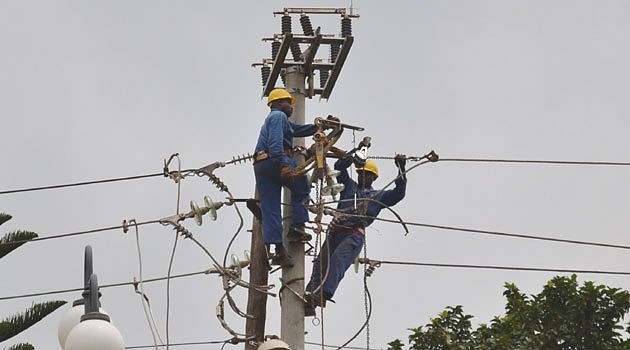As part of the government's commitment to continue boosting access to electricity, especially in rural areas, Prime Minister, Kassim Majaliwa revealed on Friday that a total of 10,361 out of 12,317 villages in Tanzania mainland had been connected to electricity.
The government's goal is to connect the remaining 1,956 villages to electricity by December 2022, as part of the rural electrification project phase three second round, which began in July this year. The project will cost 1,24tri/-, according to the Premier. He made the remarks when adjourning the fifth meeting of the 12th Parliament in Dodoma yesterday.
He stated that the government is continuing to implement power generation and distribution in various sections of the country, to ensure that every part of the country, both urban and rural, have access to adequate, affordable and reliable electricity. Mr. Majaliwa listed Julius Nyerere Hydropower project (MW 2,115) which has reached 55,6 percent completion rate and Rusumo Hydropower project (MW 80) with an 81,2 percent completion rate as some of the key projects to improve electricity output in the country.
Similarly, the Prime Minister stated that the government has finished a 55-kilometre long energy transmission line (220 kV) from Bulyanhulu to Geita. Other active electricity transmission projects include KV220 from Rusumo to Nyakanazi via Benaco, KV132 from Tabora via Urambo-Nguruka to Kidahwe, and KV132 from Tabora to Katavi via Ipole and Inyonga (KV132).
"The government is preparing a 400 KV voltage transit project from Iringa - Mbeya - Tunduma to Sumbawanga, as well as a 400 kV transmission line project from Sumbawanga - Mpanda to Kigoma," he said. He said completion of the power generation and distribution projects will ensure all parts of the country are connected to the national grid and thus obtain a reliable electricity supply.
The Ministry of Energy has proposed cutting the connection price from 320,000/- to 27,000/- in all peri-urban areas, installing and connecting electric poles to consumers, and extending the national grid as part of a new initiative aimed at electrifying every village, suburb, town, and city. According to the Ministry, the Rural Electrification Agency (REA) has been connecting only village clients for 27,000/-, and has discovered that several residents in municipalities and cities want electricity but cannot afford it.
